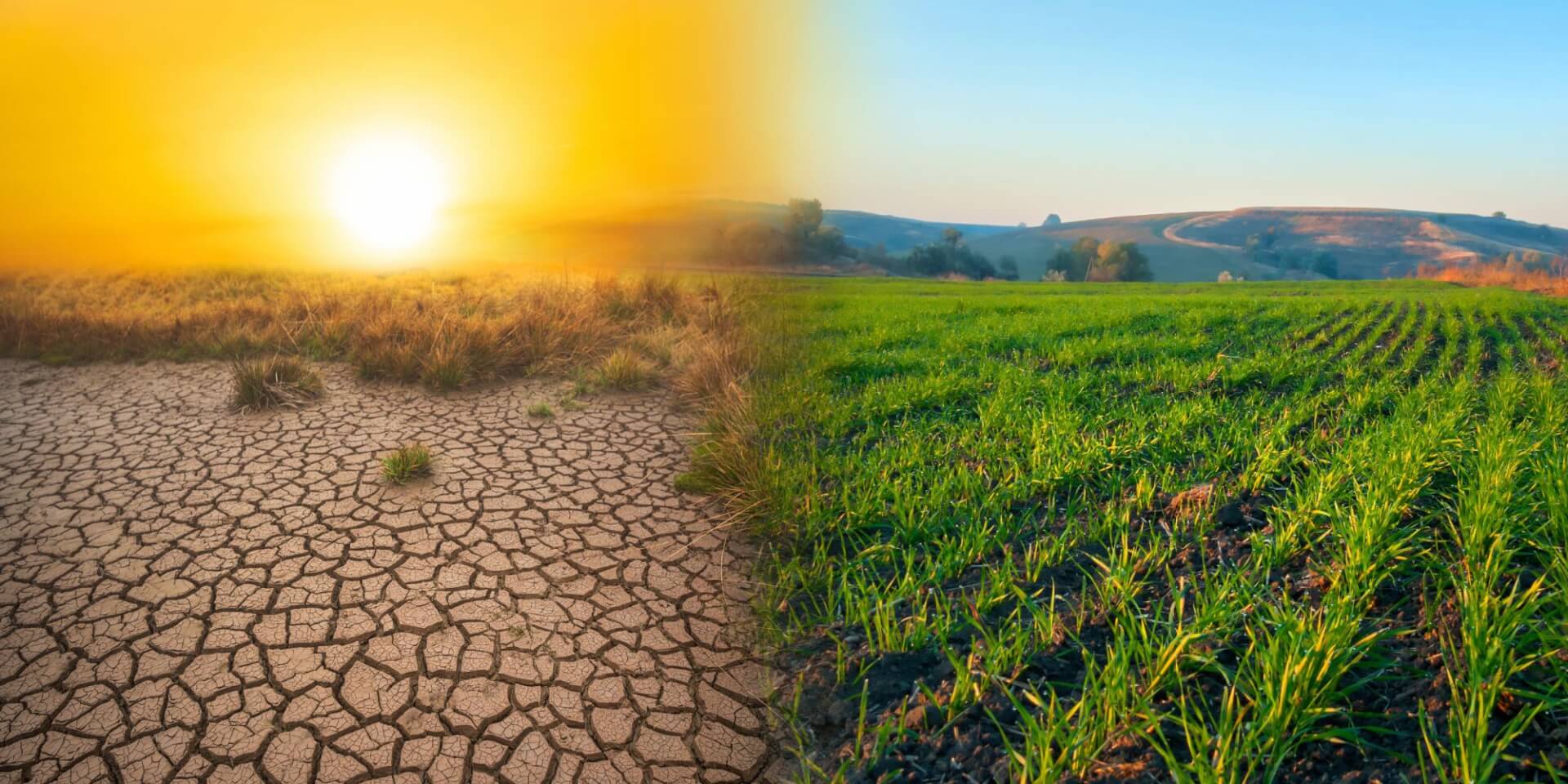
Within a short period of time, the COVID-19 (Coronavirus SARS-CoV-2) pandemic has fundamentally changed our lives worldwide with massive impacts on all fundamental systems: from health and well-being to economic, financial and political systems, food production and supply chains, to education, work and social life. It demonstrates the systemic nature of risk in a highly interconnected world challenging existing governance mechanisms. Thus societies need to learn and develop new approaches of dealing with these systemic risks.
Climate change related systemic risks have the potential to be an even greater threat than those of the COVID-19 pandemic. Both crises need a global approach, both threaten reaching the Sustainable Development Goals (SDGs) and postponement makes the situation worse. In either case the poor are disproportionally affected. As with COVID-19 communication, fake news and social media play an important role, and science, technology and governance are crucial for societal resilience in face of climate change systemic risks.
We want to debate if the systemic risk awareness gained by COVID-19 is transferable to systemic climate risks – and vice versa? What are the lessons learned in both directions and what conclusions can be drawn?
Programme download here (version 23.09.2022)
Cornelia Betsch (Universität Erfurt), Fiona Charlson (University of Queensland), Carina Fearnley (University College London), Tatjana Filatova (Delft University of Technology), Matthias Garschagen (Ludwig-Maximilians-Universität München), Ian Goldin (University of Oxford), Stephane Hallegatte (World Bank), Stephan Lewandowsky (University of Bristol), Reinhard Mechler (International Institute for Applied Systems Analysis), Ilan Noy (Victoria University of Wellington), Nuria Oliver (ELLIS Alicante Foundation), Michael Puma (Columbia University), Markus Reichstein (Max-Planck-Institute for Biogeochemistry Jena), Aromar Revi (Indian Institute for Human Settlements), Yasuyuki Sawada (University of Tokyo), Cass Sunstein (Harvard University), Zinta Zommers (United Nations,UNOCHA)
Moderation: Emily Wilkinson (ODI)
From June 21 – 23, 2023 we will meet in Hanover at the Herrenhausen Palace for the Herrenhausen Conference “Climate crisis and systemic risks: Lessons Learned from COVID-19″
The Volkswagen Foundation offers travel grants for early career researchers (PhD students and early Post Docs up to 5 years since PhD) or young professionals working in the field of climate change and COVID-19 (e.g. Behavioural & Communication Sciences, Impacts of Climate Extremes, Critical Infrastructures, Data Sciences, DRR, Economics and Transport Chains, Food Systems, Governance and Law, Health & Psychology and Systemic Risks). Applicants can win one of up to 25 grants to take part in the Herrenhausen Conference “Climate crisis and systemic risks: lessons learned from COVID-19” in Hanover, Germany, from June 21st – 23rd 2023. Successful applicants will get the chance to present their research/project in a 2 minutes lightning-talk and during the poster sessions. The travel grants include travel expenses to Hanover, visa fees (if applicable), as well as accommodation in Hanover.
Please apply by October 09th, 2022 by completing the online application form (please note that we will not accept any applications after the deadline): Click here to apply
Participants will be selected by the organizers. Acceptance will be based on qualification of the applicant as well as relevance, originality and potential to contribute to the goals of the conference. We will inform applicants about the results at the end of November 2022.
Please contact Stefanie Burkert (MPI for Biogeochemistry, Jena, Germany) , if you have any questions in regards to the organization of the conference.